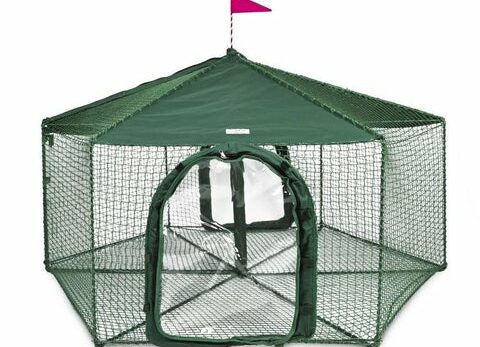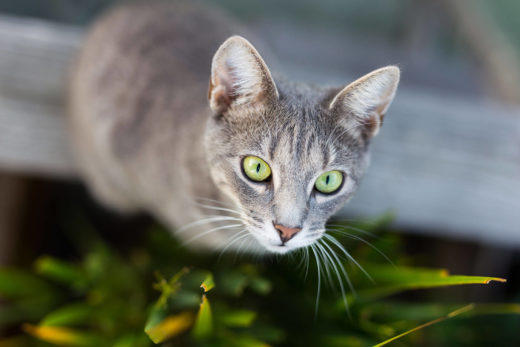Feeding cats is more complex than you think and cat owners can come across dilemmas such as can cats eat eggs? They might give their cat an egg thinking it is harmless, but are eggs safe for cats?
You might also be curious as to whether or not a cat should eat eggs. There’s no need to worry, this guide has all the information you need.
By the end of this article, you’ll be able to confidently determine whether or not your cat can eat eggs and whether that egg treat is really a treat or a hazard.
Let’s dive in!
Nutritional Profile of an Egg
Eggs are a complete protein because they contain all of the essential amino acids. The egg also contains many vitamins and minerals, including high levels of Vitamin D, B2, B12, riboflavin, selenium, and zinc.
Following are the nutritional values of one large, hard-boiled egg as determined by the United States Department of Agriculture:
One large and hard-boiled (100g) egg:
- Energy 155kcal
- Protein 12.6 g
- Total fat 10.6 g
- Ash 1.08 g
- Carbohydrate 1.12 g
- Sugars 1.12 g
- Fiber 0 g
What are the Benefits of an Egg?
- Animal Protein
For obligate carnivores that lack the enzymes to digest plant proteins or dairy products, eggs provide an essential source of protein.
- Animal fat
Fat makes a good energy source for your cat and eggs are very rich in fat.
This vitamin helps maintain the health of your cat’s skin, fur, heart, and nervous system. It is also useful for protecting night vision and boosting the immune system.
It is essential for bone growth and calcium absorption in the body. Cats do not produce this vitamin on their own.
In addition to being an essential vitamin for cats, vitamin E is a powerful antioxidant that protects against cell damage.
- Amino Acids
Cells are made up of protein and the building blocks of protein are amino acids. A cat needs 11 amino acids of which 10 are found in eggs.
Your cat’s skin, hair, and reproductive system will benefit from this nutrient.
In addition to supporting thyroid and adrenal gland function, cats need biotin to metabolize protein. It may also improve skin and coat.
- Vitamin B12
This is a vital vitamin that helps support the immune system, digestive system, and nervous system.
For high-energy organs such as the brain, this nutrient supports carbohydrate metabolism.
A cat’s diet must contain this nutrient to keep its red blood cells healthy. If it’s not present, your cat may become anemic.
Cats’ cells are protected from free radical damage by this powerful antioxidant.
- Vitamin B2
Commonly known as Riboflavin, it is responsible for red blood cell production and antibodies to fight diseases in cats.
Only animal proteins contain taurine, which is necessary to maintain a healthy heart, digestion, and vision. Adding eggs to your cat’s diet is a great way to increase taurine levels since cats cannot produce it themselves.
- Very low in Carbs
Eggs, which are made entirely of animal protein, contain very few carbohydrates. The dietary needs of cats are low in carbs, so eggs–which contain none–can provide pure protein.
Are Eggs Nutritious for Cats?
It is likely that above all the nutrients will assist cats’ organs in functioning properly. Unfortunately, there is no hard scientific evidence that an egg will provide your pet cat with enough vitamin and mineral cocktail.
Since meat contains all the essential micronutrients, it is best to stick to a meat-based diet and use eggs only occasionally.
Can Cats Eat Raw Eggs?

Eggs are a great source of protein for your cat, but they need to be cooked first. Raw egg whites contain a protein called avidin, which can inhibit the absorption of biotin, an important nutrient for cats.
When the egg white is cooked, there is significantly less avidin and it is safe for cats to eat it. Your cat might not like the taste of raw eggs either and will most likely refuse to eat them without coaxing.
Raw eggs may have bacteria such as Listeria and Salmonella, which are harmful to the health of your cat.





